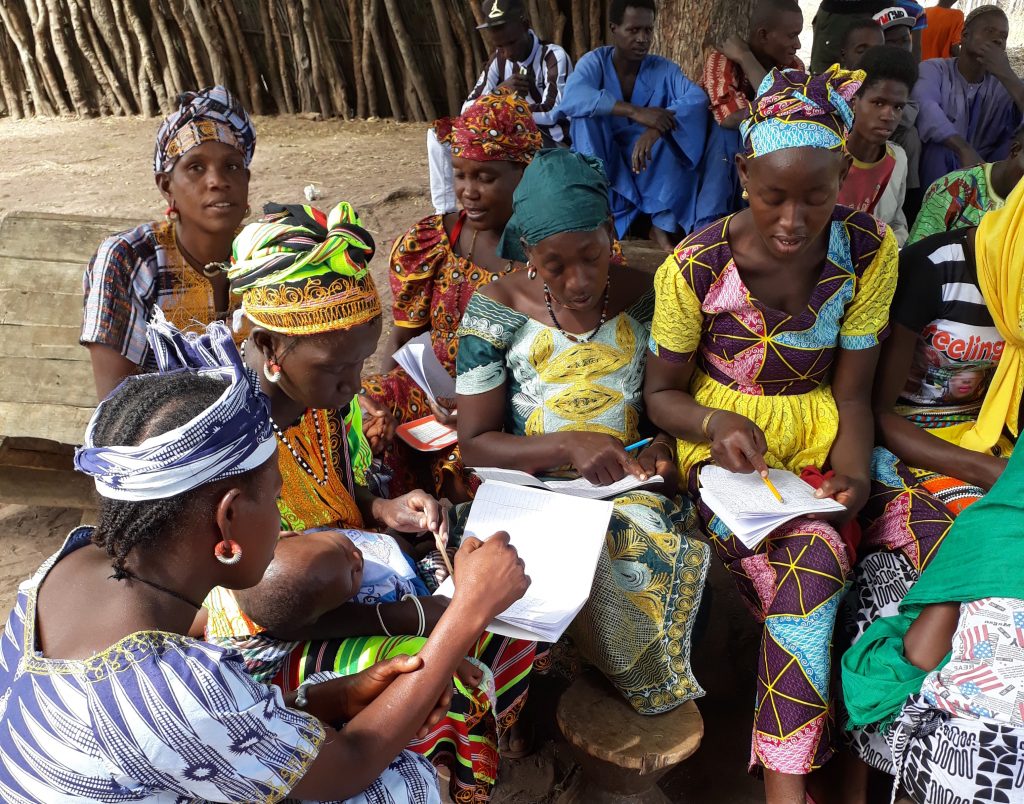
Qiongzhuoma Heimbel explains how family and intergenerational literacy and learning programmes can improve literacy rates around the world
Despite a rise in literacy rates in the last quarter of a century, more than 781 million adults around the world still lack basic reading and writing skills. Low levels of literacy prevent people from securing decent work and improving their lives. The 2014 United Nations General Assembly resolution, Literacy for life: Shaping future agendas, reaffirmed literacy as ‘a foundation for lifelong learning, a building block for achieving human rights and fundamental freedoms, and a driver of sustainable development’. In response, Member States began promoting more basic adult literacy programmes, especially for disadvantaged groups.
Quite often, the motivation for the adult learners who take part in these programmes is to improve their literacy skills in order to support their children’s learning. These adults, many of whom have never been to school or dropped out, understand that literacy can lead to a better life for their children. However, despite a desire to see their children progress at school, many parents who see themselves as ‘uneducated’ or ‘illiterate’ are reluctant to take part in learning programmes. Continue reading
